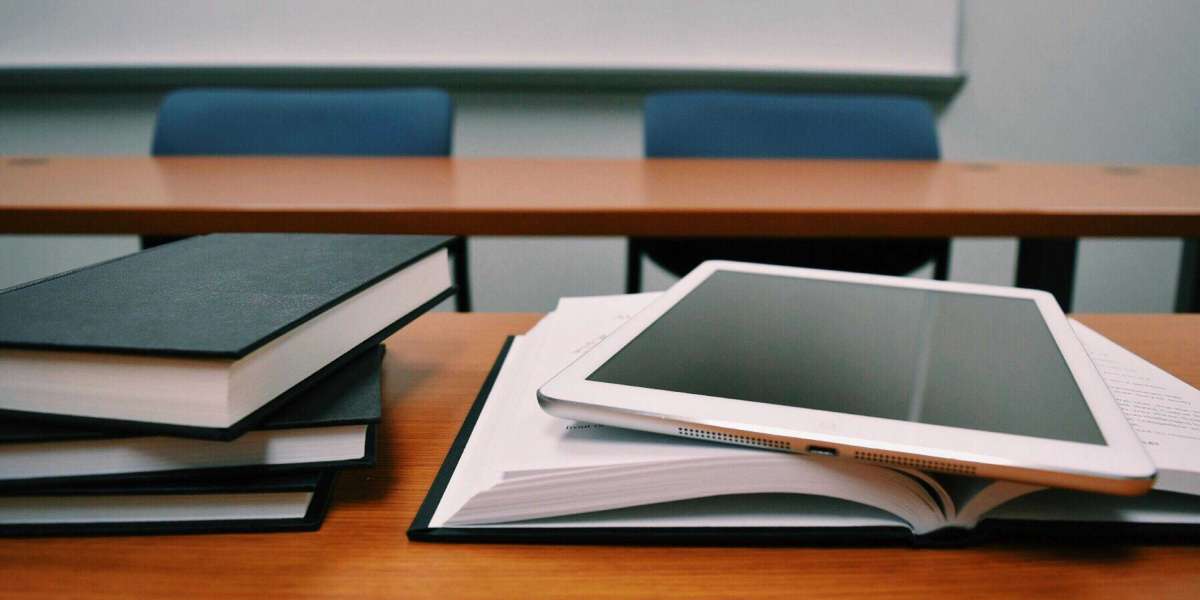For many GCSE pupils, high school corridors replicate a familiar rhythm: class bells, crowded desks, hurried lessons, note-taking in haste, and a lingering sense that something crucial slipped—some weak concept that went unaddressed. Shadows of doubt often linger beneath that rhythmic churn, waiting to cloud a child’s confidence. It is in that space where private tuition for GCSE students becomes not merely a convenience, but a lifeline—a tailored bridge between confusion and clarity, between fear and faith in one’s own ability.
The Quiet Reality of Classroom Limitations
In a typical GCSE class, students arrive with entirely different backgrounds, strengths, and rhythms. One might grasp atomic structure in minutes, while another unravels it slowly, question by question. However, the momentum of the class seldom adjusts. Lessons press forward, assessments pile up, and students who fall behind find themselves packing frustration into exam halls rather than knowledge.
Private tuition—especially online tuition through platforms like YourTutor365’s comprehensive test-preparation course—creates a rehearsal space that is strictly personal. Today, we see how that space can become transformative.
Personalized Learning: A Tutor Who Knows You
The heart of private tuition lies in personalization. A tutor dedicated to one student is not merely teaching content—they are tuning into how the student thinks, learns, and processes information. They learn to read when a student’s student’s eyes glaze over a formula, or light up when a metaphor clicks. They sense when abstraction overwhelms, and choose real-world analogies instead. Over time, lessons become custom-crafted experiences, rather than programmed lectures.
For GCSE students, this is critical. Understanding photosynthesis isn’t just “chloroplasts in action”—it becomes a story of solar energy captured by leaves, transformed into sugar, powering ecosystems. Equations stop feeling like puzzles; they become patterns that reflect rhythms in life. And suddenly, learning stops being a chore—it becomes a quest.
Building Confidence Through Exploration
Many students enter tuition feeling daunted—not because they lack intelligence, but because failure in class has been too often the default. Over time, their internal narrative becomes, “I’m not good at science,” or “I’m never going to write a proper essay.” Tutoring dissolves that lie.
In a one-on-one setting, students are encouraged to ask any question—no matter how trivial. When a student admits they don’t remember how to factor a quadratic, the tutor doesn’t rush on—they reconstruct the concept patiently, layer by layer, until the student can say in their own words what they once only memorized. That moment, when a confused student teaches themselves back the concept, is the pivot of true empowerment.
Structuring Excellence with Exam Strategy
Good GCSE performance is more than rote knowledge—it’s strategy. With years of experience and exam patterns under their belt, private tutors show students how to approach multiple-choice traps, manage layered questions, and distribute time effectively. They teach the art of concise answers: how to integrate key terminology in sciences, how to quote properly in English literature, or how to organize a clear argument in history.
Students practice past papers under simulated exam conditions. Tutors walk through mark schemes aloud, helping learners interpret what examiners value and why. Over months, this transforms shaky intuition into deliberate technique. Anxiety gives way to control. The exam hall no longer seems intimidating—it's merely a stage where they’ve rehearsed and grown confident.
The Emotional Journey: From Nervous to Purposeful
One of the most profound shifts I’ve witnessed in tutoring careers is the emotional arc students travel. Initially, there may be fear or frustration. Often parents describe their child as quiet or disinterested—simply disengaged from learning. But over weeks, something changes. Lessons become collaborative. The student starts to anticipate key sessions, asks questions before being prompted, and even discusses ideas outside the lesson time. That nervous reluctance turns into anticipation. The student begins investing in learning—not for grades alone, but for the joy of understanding.
These emotional shifts matter. They fuel motivation, build resilience, and create a foundation for lifelong learning—long after the final GCSE mark is posted.
Accessible Flexible: Education That Moves with You
Life for today’s GCSE students is rarely static. Maybe they have music lessons, sports practice, or family travel. Traditional tutoring or fixed classes can feel restrictive. Online private tuition meets them where they are—literally. Whether at home, in a quiet corner, or abroad, students can open their screens, connect with their tutor, and continue advancing.
Plus, these sessions can be scheduled to respect students’ biorhythms. Some thrive in morning rhythm; others do best late afternoon. That flexibility doesn’t compromise structure—it preserves it in a rhythm that suits each learner.
Growth That Lasts Beyond the Exam
When the exam period ends, the benefit of private tuition continues. Students enter sixth-form or A-level study not just with knowledge, but with method. They know how to study smart, handle pressure, and build arguments. Many continue into higher education with confidence, not just a degree, but a belief in their own capacity for learning.
That’s the legacy of private tuition for GCSE students: not only a better grade, but a person shaped into a confident thinker, independent scholar, and curious learner.
 Meet Ups
Meet Ups
 Experiences
Experiences
 Learning Center
Learning Center
 Accommodation
Accommodation
 Roomie
Roomie
 Ride
Ride
 Spread the Word
Spread the Word
 Student Bazaar
Student Bazaar
 Jobs
Jobs
 Blogs
Blogs
 About StudentInsta
About StudentInsta

